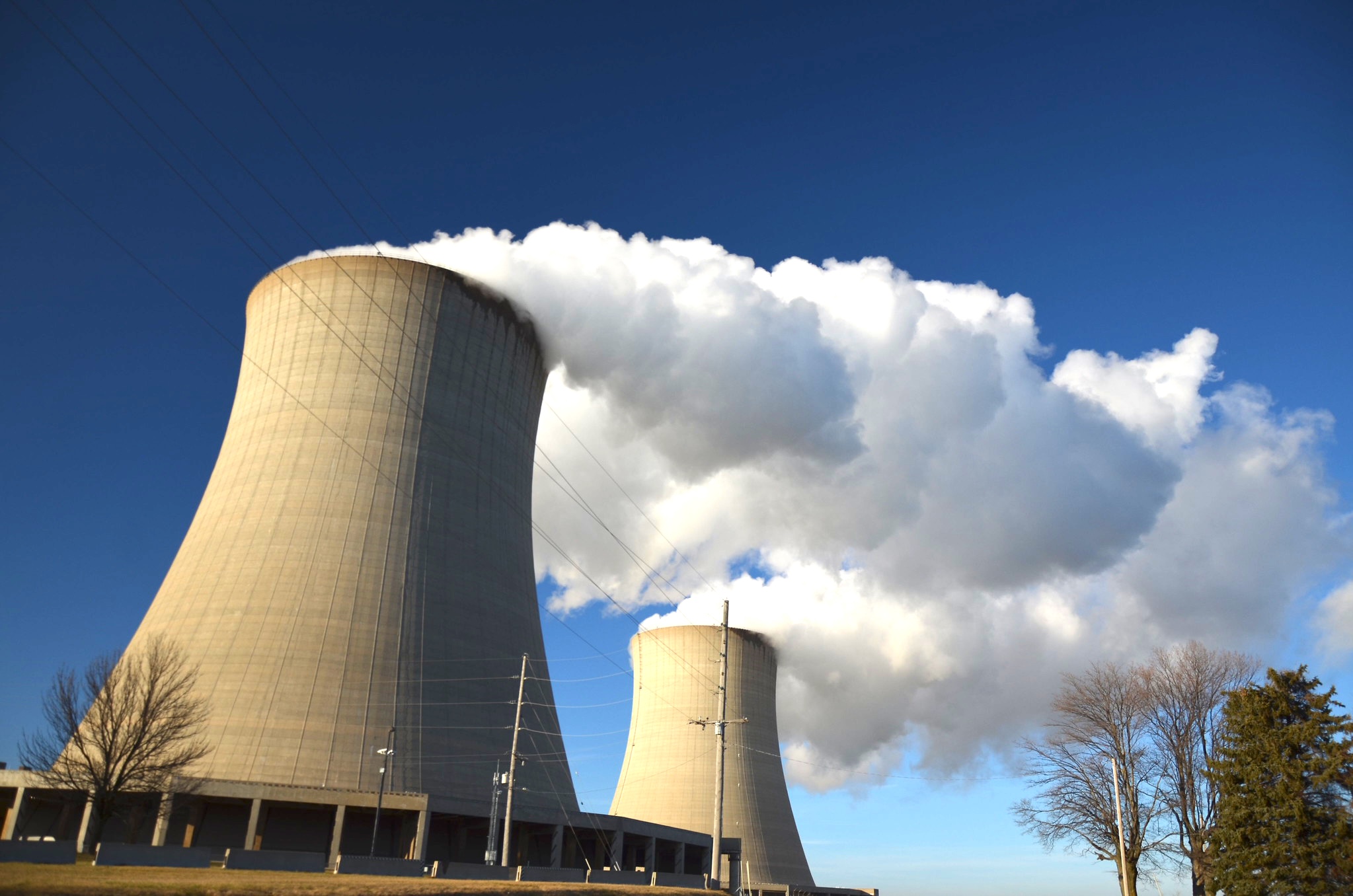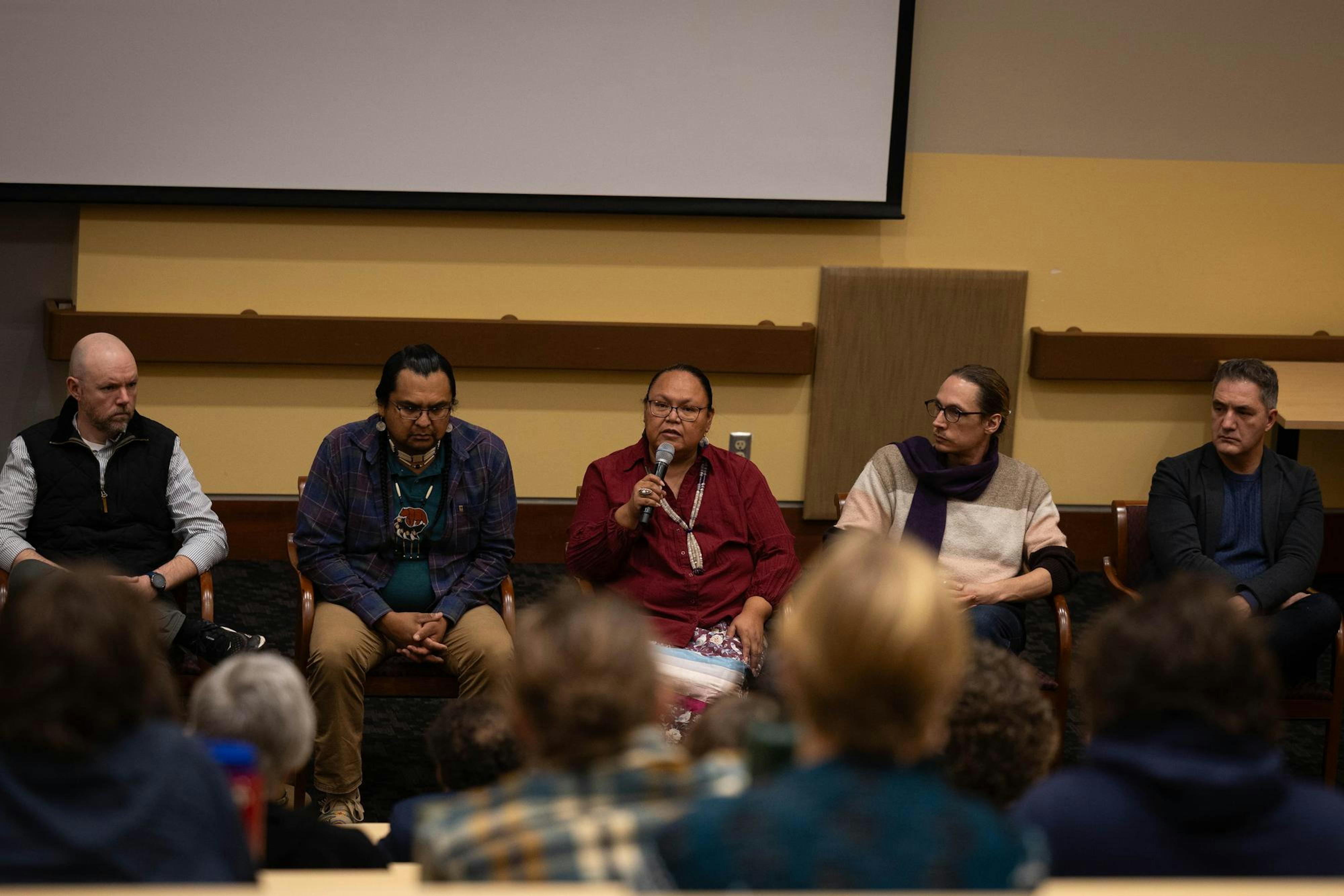 Cedar Grove Composting, a company in Seattle, has announced a plan to generate energy from methane they plan produce when composting yard and food waste. This methane will come in the form of an anaerobic digester, which they plan to have operating in 2011, breaks down the waste and releases energy.
Cedar Grove Composting, a company in Seattle, has announced a plan to generate energy from methane they plan produce when composting yard and food waste. This methane will come in the form of an anaerobic digester, which they plan to have operating in 2011, breaks down the waste and releases energy. The company has been collecting yard and food waste for some time, and according to the Seattle PI, saves the city $10 in trash collection and landfill costs for every ton of waste they compost. They will draw on this already existing network of waste collection to produce methane, and then energy.
Cedar Grove takes in roughly 350,000 tons of waste per year, and for every 50,000 tons they collect they will generate 1.3 megawatts of electricity. Their energy output is expected to increase as they begin to collect even more waste at different spots around the city.
Producing methane to generate energy has become more popular at the local level. A nearby anaerobic digestion plant was announced last September in Skagit County, Washington. That plant generates enough electricity to power 500 homes. That plant was funded in part by both state and federal grants and loans.
Using methane to generate energy is certainly one of the less discussed forms of alternative energy. Yet, it seems to have multiple upsides, especially in the case of Cedar Grove. First, by taking yard and food waste out of the regular trash, you immediately reduce the amount that goes into landfills, and you cut the costs of trash collection. Second, you use a product that would otherwise be discarded to create energy.
But, is anaerobic digestion too expensive? Maybe for the costs, powering 500 homes is not enough. What are your thoughts on using methane to create energy? How "green" is the process? Is it an idea we should be pursuing more? Is it really not getting enough press? Share your thoughts below.
">






















